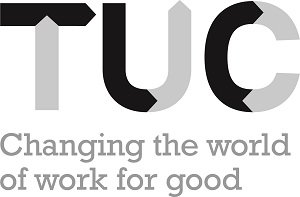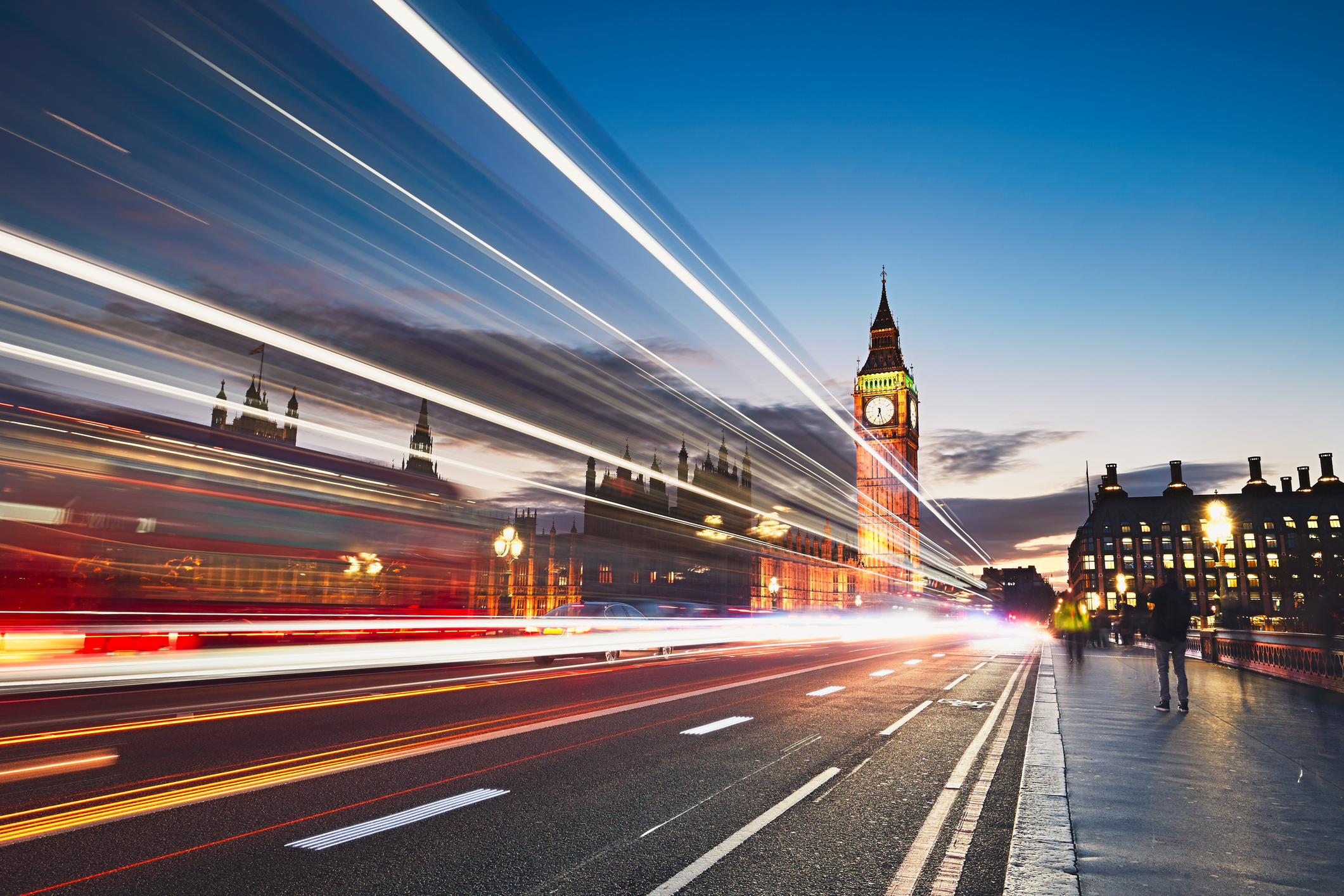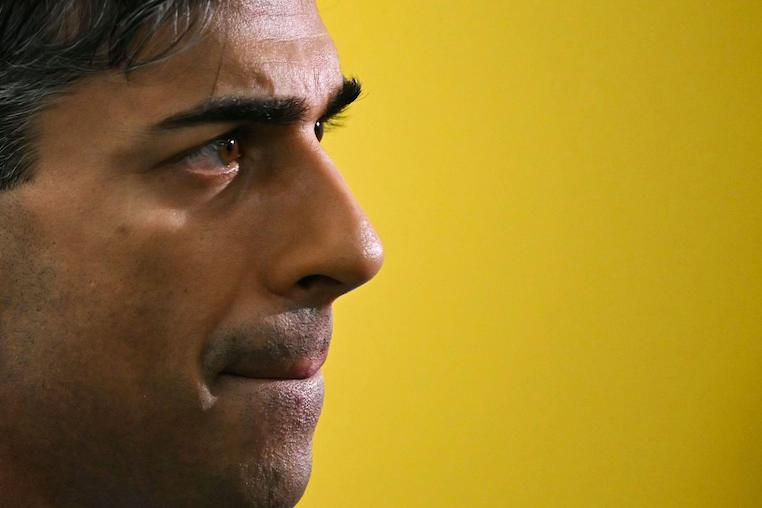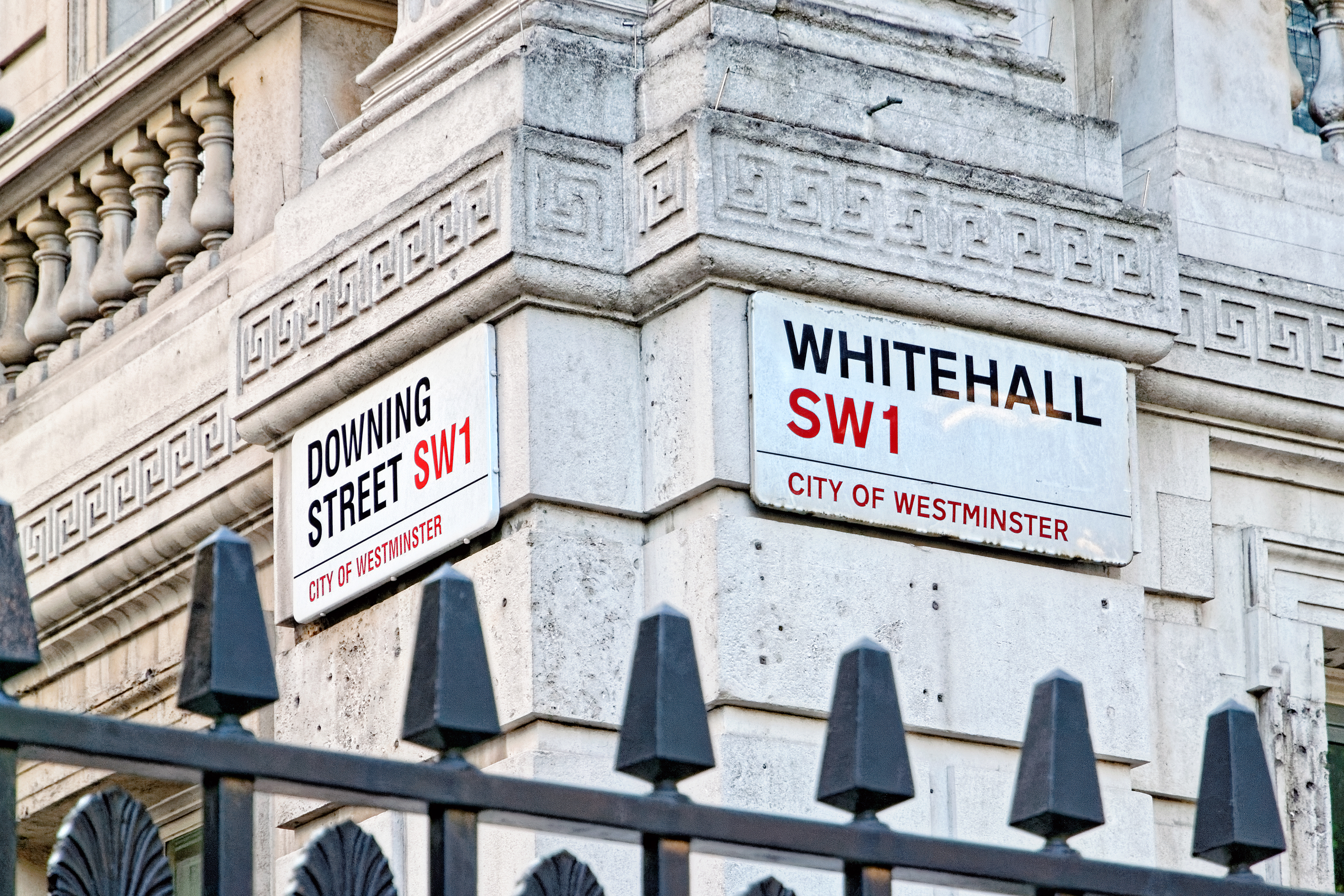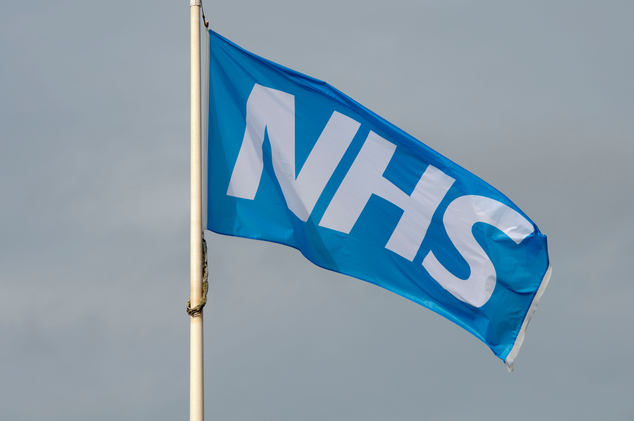What is ITV?
Independent Television (ITV) was the UK’s first commercial television network. It remains a free to air television network based in London
In addition to the flagship terrestrial service ITV1, the ITV network includes ITV2, ITV3, ITV4 and CiTV the first dedicated commercial children’s channel.
ITV operates 15 individual regional licences, each reflecting regional variations in consumer demand and identity. ITV plc owns 13 of the 15 ITV licences, with the remaining 2 licences being owned by STV in Scotland.
Whilst the BBC’s share of overall broadcasting figures continues to decline, particularly in the face of challenges from online and streaming platforms, ITV has retained a constant share of the broadcasting market (23.2%) in recent years.


ITV reported revenues of £3.308 Billion in 2019, and employed 6,416 people.
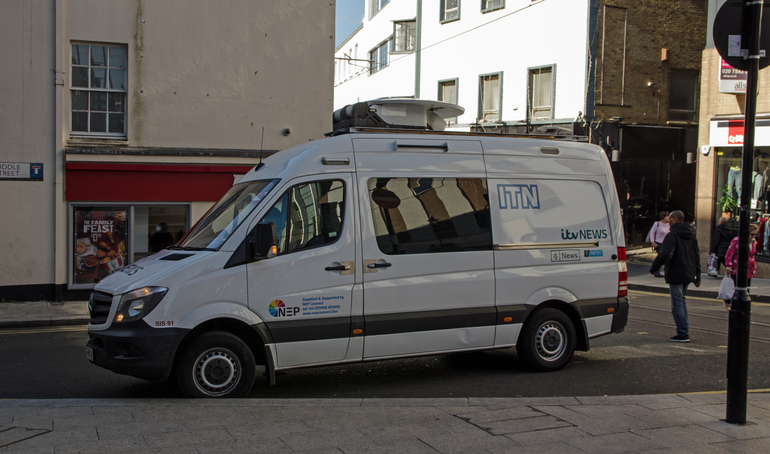
Independent Television News provides ITV’s national news coverage.
History
ITV first began broadcasting in the London area on Channel 3 in 1955. By 1973 there were 15 separate Channel 3 regional broadcasting licences.
The ITV network was historically been owned by a number of individual companies, each administering services for Channel 3 on a regional basis.
The first ‘ITV’ franchises were awarded in 1954 by the Independent Television Authority (ITA), in London, the Midlands and the North of England. The Broadcasting Act 1990 led to a major re-organisation of the networks’ licence obligations and the bidding process, leading to the demise of many well-known Channel 3 licence holders, such as Thames Television.
The Act also lifted the restriction on companies holding multiple franchises. By 2003, all the franchises, except those in Scotland, Northern Ireland and the Channel Islands, were held by two companies: Carlton and Granada.
The two companies attempted to merge twice during the 1990s, but were frustrated by legal provisions banning any one ITV company from controlling more than 15 per cent of the total terrestrial TV audience or holding more than one London franchise.
This block was removed by the Communications Act 2003, and in October 2003, the Government signalled that it would not stand in the way of a merger. Granada and Carlton plc merged to form ITV plc, and on February 2nd 2004, shares in ITV plc began trading.
Since the 1990 Act, the ITV network has expanded beyond the terrestrial Channel Three slot: ITV2 was launched in 1998, followed by ITV3 in 2004, ITV4 in 2005 and CiTV in 2006.
ITV’s broadband service, ITV.com was launched in 2007 and offered live streaming of ITV channels, a 30 day catch-up service, archive material, news, games and exclusive content. Former executive chairman Michael Grade described ITV.com as “a major step in ITV’s development”, providing “a compelling free service to consumers and dynamic online opportunities for our advertisers.”
In recent years, ITV has been able to attract top business talent to run its operations. In January 2010 former Tory MP and ASDA supermarket supremo Archie Norman was appointed as the new ITV chairman.
In April of that year, Adam Crozier, previously chief executive at Royal Mail Group, became chief executive at ITV. In 2019, Dame Carolyn McCall, the former Chief Executive of the airline Easyjet, was appointed Chief Executive of ITV.
Local news requirement
ITV is required to provide local news as part of their franchise agreement together with a local weather forecast. This involves running a local bulletin at 6pm and regional bulletins located after each national news programme.
Concerns have been expressed that ITV is looking to merge its regional broadcasts into larger pan regional areas. These areas are said to have less relevance to viewers, and are in danger of not constituting local broadcasting.
ITV has now largely reduced its other regional programming, doing so after 2009. Most regions do though still produce a monthly regional political programme.
On 14 January 2013, ITV plc regional news programmes titles were discontinued in favour of more generic branding under the ITV news title with the region listed as the subheading. However some “heritage” brand names were retained including Calendar, Granada Reports and Lookaround. On 28 June 2014, ITV Cymru Wales News returned to its historic name of Wales at Six.
Other controversies
The consolidation of ITV into a single company does not contravene the basic principle of the network’s founding, that there should be no monopoly in commercial broadcasting, because a vast range of other commercial channels in competition to ITV and the BBC have emerged since the 1980s.
Nonetheless, there were many debates during the passage of the Communications Act expressing concern that a Carlton-Granada merger would reduce region-specific output and lead to the concentration of TV production resources in London, at the expense of the regions.
It was also feared that the removal of ownership restrictions would lead to British domestic channels being bought up by foreign companies less concerned with quality content than making money. Therefore, ITV remains subject to extensive ‘public service’ requirements.
However, ITV has increasingly been accused of ‘dumbing down’ its content. Until the advent of satellite TV, ITV and the BBC competed on relatively even terms for ‘serious’ news and documentary audiences, but in the 1990s, ITV’s prime time included less of this material. The decision to shift the News at Ten to a later slot in 2000, reversed in January 2001, was seen as particularly symptomatic because it was justified on the grounds of allowing the channel to show more films.
The collapse of the ITV Digital network in 2002 was highly controversial. As a result of its failure, ITV was left facing crippling debts both from the huge launch costs and from the associated advertising blitz to try and rescue the project.
A major fallout of the collapse was the consequent loss of sponsorship deals for the Nationwide Football League. With ITV Digital still owing, and unable to honour, around £178.5 million to the Football League, many clubs were left facing bankruptcy.
Following his appointment in April 2010, the then chief executive Adam Crozier warned that ITV would need to “change substantially” if it was to improve its economic performance. He said the organisation had for the past decade failed to face up to new challenges such as the rise in internet-based platforms, continued growth in pay TV and subscription services and the globalization of content.
Subsequently a five year Transformation Plan was announced in August 2010 which would focus on four priorities: Create a new lean, creatively dynamic and fit for purpose organisation; Maximise audience and revenue share from existing free-to-air broadcast business; Drive new revenue streams by exploiting content across multiple platforms, free and pay; and Build a strong international content business.
For many years, ITV has been accused of being opposed to changes in the UK broadcasting landscape, in particular any reform of the BBC Licence fee, on the grounds that the potential for increased advertising would present it with unwelcome increased competition.

